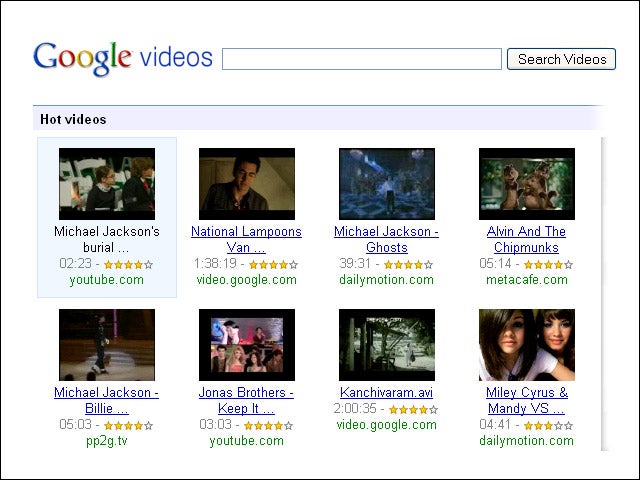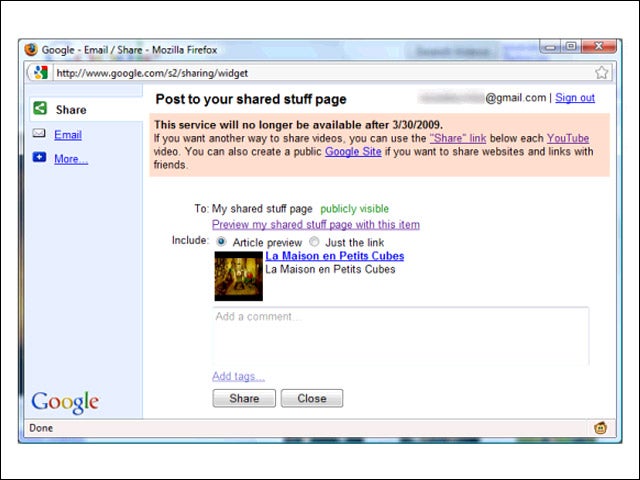eWEEK content and product recommendations are editorially independent. We may make money when you click on links to our partners. Learn More.
21) Google Lively
A virtual reality application akin to Second Life, Google Lively never really had a shot for a company looking to curb exercises that don’t make money. Second Life is still viable, and IBM uses avatars internally for collaboration, but Lively wasn’t really geared toward the enterprise market, so it was tough for Schmidt to justify keeping it going.
32) Google SearchMash
SearchMash was sort of a sandbox for Google search, letting users drag and drop search results to reorder them, among other features. Some users made it their default search engine. The problem was that Google positioned this experiment as a separate Website without ads. Google discontinued SearchMash in fall 2008 and released SearchWiki. This experiment also lets users reorder results, but does so directly from the Google search engine instead of whisking users to another site. Clearly, Google wanted to keep its users on the main search site—with the ads.
43) Google Notebook
Google Notebook lets users browse, clip and organize information from across the Web in a single online location that’s accessible from any computer. The thing is, Google didn’t actually remove the service; it stopped development on it. Google has plenty of note organization tools already in Google Apps, including Docs and Sites, not to mention Tasks in Gmail. Notebook was overkill, and the programmers working on it needed to be moved elsewhere, perhaps to the Google Apps team.
54) Google Video
65) Google Mashup Editor
Google App Engine rendered the Mashup Editor obsolete. The App Engine has itself been fairly quiet, sparking concerns about the platform’s health. The industry has plenty of other platforms to turn to, including Salesforce.com for SAAS CRM and Amazon Web Services for hosted computing infrastructure. But Google would seem to have the place to go for hosted applications.
76) Google Catalogs
87) Dodgeball
Google seemed prescient when it acquired Dodgeball, a mobile social service in 2005. Google also bought Android in 2005. As well as Android turned out, Dodgeball was ruined. Google went on to acquire mobile social networking services Jaiku and Zingku, which remain buried at the company (Jaiku is supported on App Engine, but Zingku is quiet). Google is 0-for-3 in mobile social networking services. We don’t get it. Google can usher a new mobile OS into this world, but it can’t sufficiently support mobile services that would run on it.
109) Google Radio Ads
1110) Google Shared Stuff
Shared Stuff was Google’s shot at a social bookmarking service, but this was no Delicious and did not work as a one-off service on the fringe. Google basically took the Shared Stuff concept and ported it to Google Reader in the last few months.










